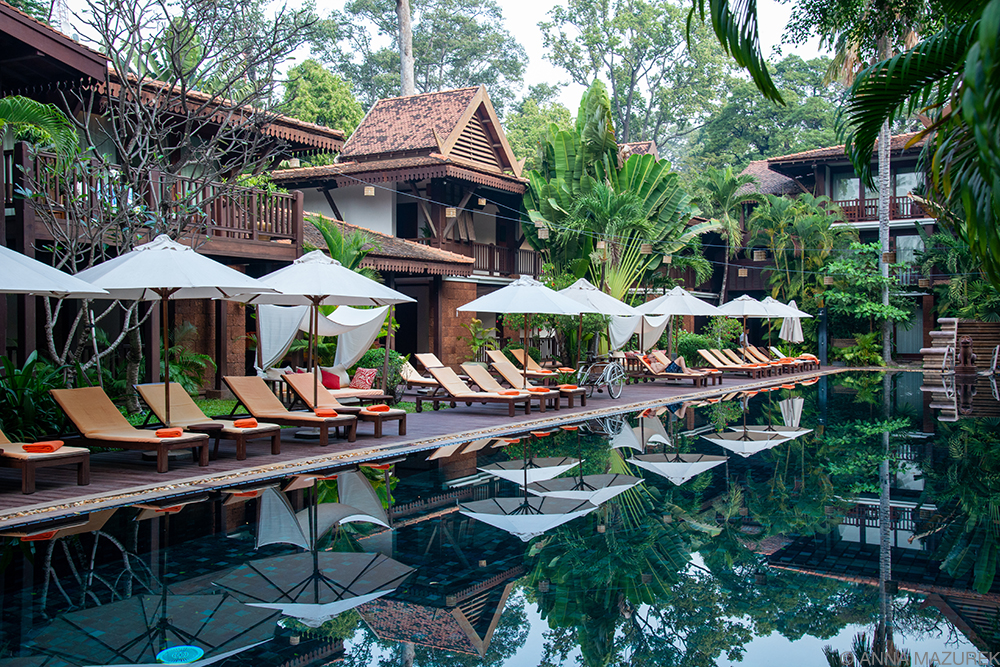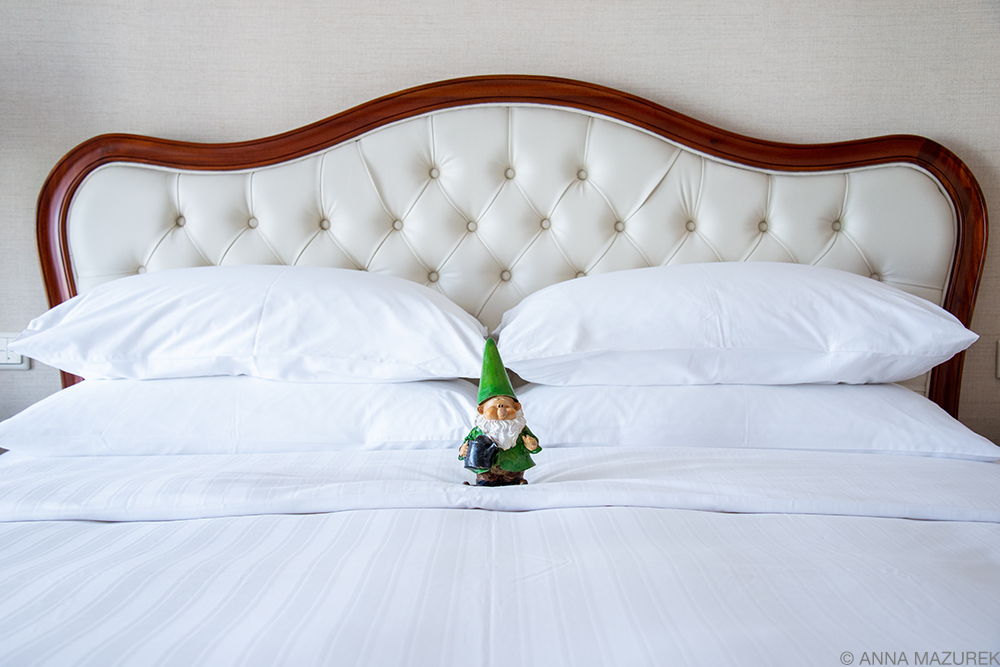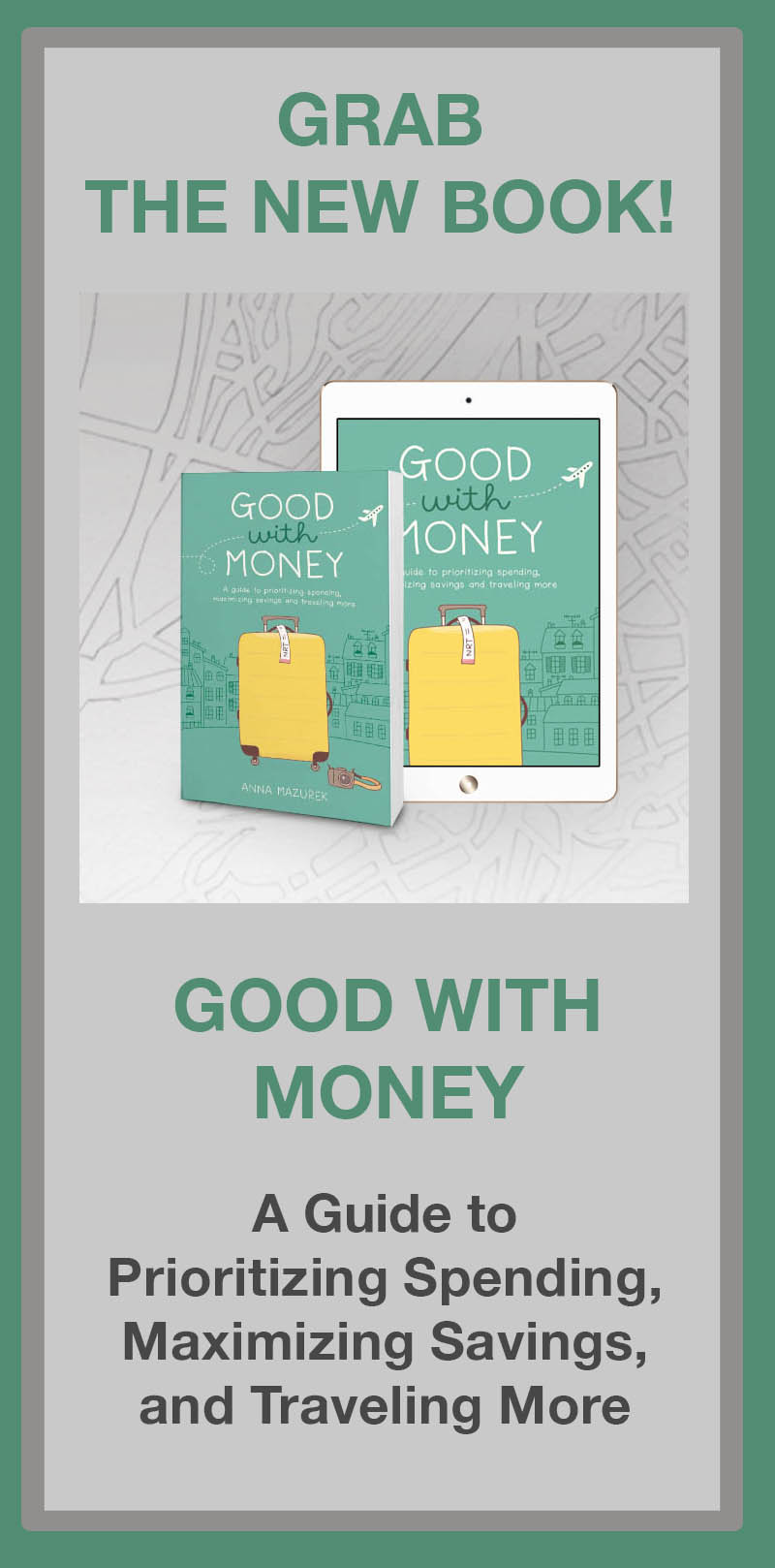 La Résidence d’Angkor in Siem Reap, Cambodia is one of my favorite hotels where I stayed on a work trip to Southeast Asia just before the pandemic.
La Résidence d’Angkor in Siem Reap, Cambodia is one of my favorite hotels where I stayed on a work trip to Southeast Asia just before the pandemic.
Accommodation, food and transport are the top three expenses in life and travel. With gas prices and inflation increasing, I wanted to share a few tips to reduce the cost of accommodation, including hotels.
1. Book Direct
By booking directly with your hotel or lodging, you cut out the middlemen and their commissions. Often hotels will only give you loyalty points if you book directly through them, which is the best way to maximize savings and rewards. Many hotels will even price match discount travel sites. The best tactic is to use those search engine sites like Kayak or Google Hotels then, book directly through the hotel. If you are certain about your travel dates, consider the cheaper non-refundable rates that many properties offer.
2. Use your Rewards
Since many people have credit cards with rewards, it’s a good idea to check your points balance to see if you can get some free or discounted stays. (I have a stockpile of rewards points from my pandemic travel hiatus that I’ve been slowly redeeming.) Many credit cards will also let you pay partially with points and cash to also help reduce the cost.
3. Be Flexible
Being flexible with your dates can also help you score a deal. Many sites will let you search for a month at a time to see the lowest rates for each day. On a recent trip to Marfa, Texas, I moved my travel dates back a week to save money since there was more availability.
4. Shoulder Season
Even though it’s peak summer travel season as I’m writing this, consider moving your trip dates back a bit into the fall for cheaper rates and fewer crowds. Spring and fall are the best times for deals. For example, I scored a great deal at this wonderful bed and breakfast in Ocracoke, NC in early April by booking my trip the first week of the spring season before rates increased. (For more on Ocracoke, check out my story I wrote for the Washington Post a few weeks ago.)
 Alfred the gnome enjoys the occasional hotel stay.
Alfred the gnome enjoys the occasional hotel stay.
5. Discount Programs
Both AAA and AARP offer a roughly 10% discount on most types of accommodation, from hotels to campgrounds. If someone in your group has one of these, be sure to take advantage. If you’re a frequent Booking.com user, you can unlock their Genius discount pricing level on select properties from hotels to hostels. Don’t forget to use programs like Rakuten to get cashback—simply use their referral link when booking directly through a hotel or with sites like Booking.com. The money is sent directly to your PayPal account quarterly.
6. Be Aware of Hidden Fees
Most sites, from hotels to Airbnbs, don’t include taxes and cleaning fees in their pricing totals, so prices might look deceptively cheap initially. (Airbnb is notorious for expensive cleaning fees!) Booking.com doesn’t always include taxes either. On my Puerto Rico trip last fall, all the properties on Booking.com had a small note in fine print that said there was an additional 9% tax AND up to a 13% property service charge added to the final booking! (It’s a bit evil to tack on an extra 20% in fees in such a sneaky way. Why not just be transparent with the total cost?) Instead, I booked directly with hotels and Airbnbs for cheaper, more transparent rates. Also, check to see if your lodging includes breakfast or at least a fridge for you to store your own food. That can also help cut costs. (I totally travel with my own toaster so I can eat bagels for breakfast! Haha!)
7. Book Last Minute
Another great way to get a deal is to book last minute with apps/sites like HotelTonight or Hotwire.com, which offer last-minute deals on empty rooms but often don’t tell you the property’s name until after you’ve booked.
The Best Budget Alternative: Camping
In late April, I booked a safari tent at El Cosmico, a luxury campground in Marfa, Texas where you can rent everything from tepees to vintage Airstream trailers. The safari tent had a double bed and electricity. It was $69/night compared to the cheapest hotels in town, which were close to $200 with taxes and fees. The average tent campsite in the U.S. is $35 or less at both national park campgrounds and chains like KOA. (I really like KOAs and private campgrounds.) I thoroughly research reviews for campgrounds and really enjoy staying at them. Last fall, my friend Rolando and I drove out to Mono Lake from San Francisco and stayed at two really nice independently-owned campgrounds. One night we slept in our car because we got in really late and had to be up early. (I literally HATE paying for hotels in these situations because it feels like a waste of money when you’re in the room for only six hours. Sleeping in a car can be much more comfortable than you imagine unless you’re extremely tall or have back issues.) I don’t have my own tent and just borrow one from friends. It’s literally the most inexpensive way to travel in the U.S.
Also, I feel like Airbnbs used to be cheaper than hotels but now, I they are almost the same cost especially in major cities. The one benefit to Airbnbs is that they often have kitchens, which can reduce your food costs. I recommend comparing prices with Airbnbs and hotels before booking anything to see which is the better deal. Or even better, check out campground rates!
*Please note that some affiliate links are used in this post. If you make a purchase, I earn a small commission at no cost to you, which goes toward the cost of maintaining this blog. If you would like to support this blog and are ready to make a purchase, these links are one way to show your support.


